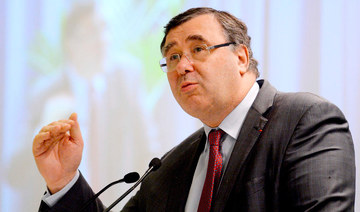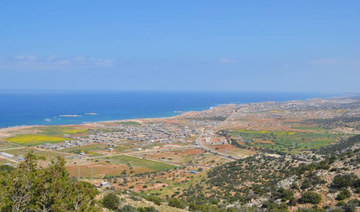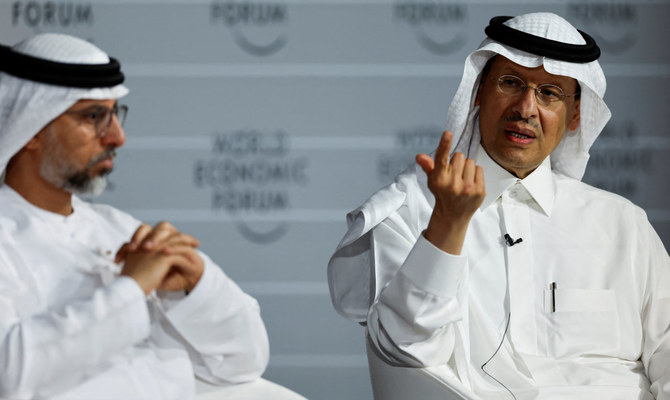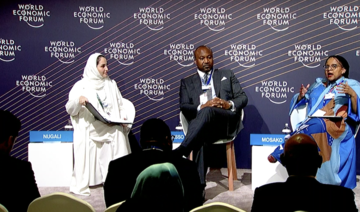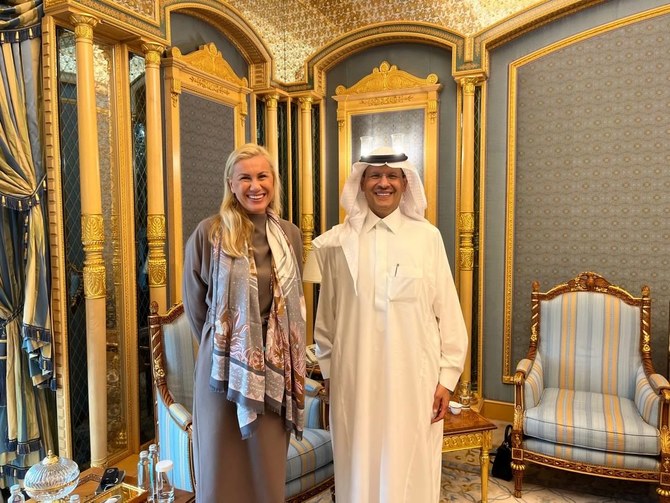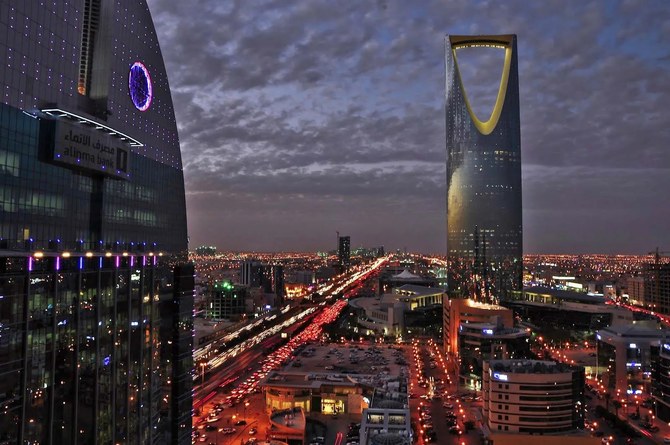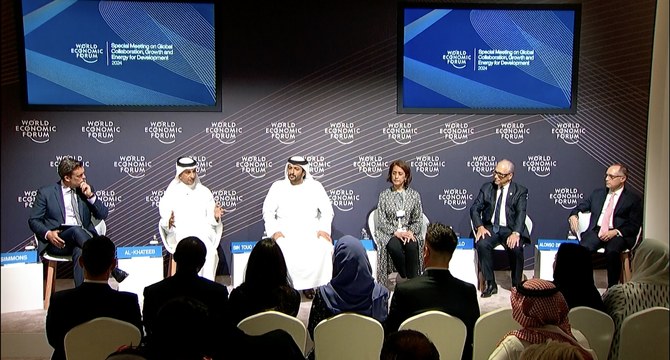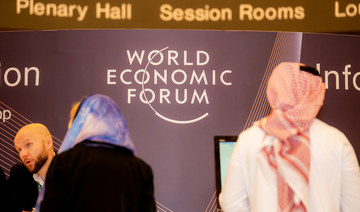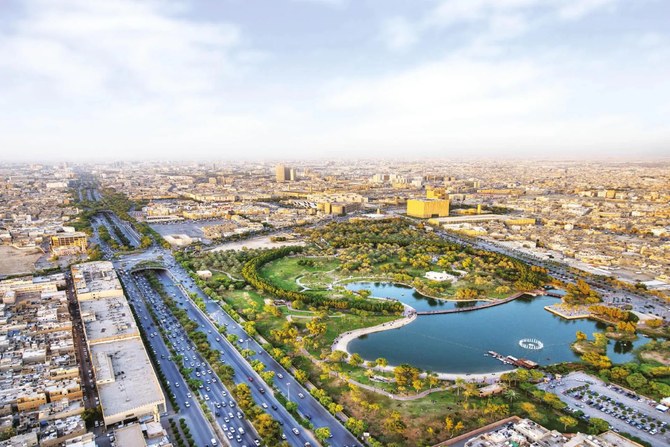NEW DELHI: Indian Prime Minister Narendra Modi’s government proposed heavy investments in infrastructure, the digital economy and job creation to lift a sluggish economy burdened with a 45-year-high unemployment rate of 6.1 percent. Unveiling a draft budget after a major victory in national elections, Finance Minister Nirmala Sitharaman proposed a bigger role for foreign direct investment in aviation, media and insurance.
The government set a target for the economy to grow to $5 trillion by 2025 from the present $2.7 trillion. Sitharaman said it would reach $3 trillion by March next year.
She told Parliament that India’s economy is now the sixth largest in the world. In terms of purchasing power parity, it is the third largest after the US and China, she said.
She also announced cash handouts for small farmers, a pension scheme for informal workers and a doubling of tax relief for the lower middle class.
Small farmers would be paid 6,000 rupees ($85) annually, benefiting as many as 120 million households. About 30 million retail traders and small shopkeepers with annual incomes of less than 15 million rupees would get pension benefits, she said.
The budget doubled income tax exemptions for those earning up to 500,000 rupees a year from the existing 250,000 rupees. The decision would benefit 30 million lower-earning taxpayers. Raising taxes on the rich people, Sitharaman announced a 3 percent increase for those with an income between $292,000 — $730,000 a year and a 7 percent increase for those with an income above $730,000.
Currently, India imposes a 10 percent surcharge where total income is between 5 million and 10 million rupees and 15 percent on income above 10 million rupees.
At the same time, she reduced corporate tax to 25 percent from 30 percent for companies that have an annual turnover of up to $58 million. This would include 99.3 percent of companies in India and boost profits for a large number of them and stimulate investments, she said.
FASTFACT
$5T - The Indian government has set a target for the economy to grow to $5 trillion by 2025 from the present $2.7 trillion.
Sitharaman said foreign direct investment in aviation, media and insurance could be opened further after multi-stakeholder examination. Also, insurance intermediaries could receive 100% foreign direct investment. India at present allows 49 percent foreign ownership in the insurance sector. She also said that local sourcing norms of 30 percent would be eased for foreign direct investment in the single-brand retail sector, a demand put forward by several multinational companies. India currently requires investors to source locally 30 percent of the value of goods purchased.
“These companies will certainly have to relook at their strategy
to tap the large Indian consumption potential. It would now be a race for all these retail companies to evaluate the conditions and take a quick decision to invest into
India,” said Anil Talreja, an industrialist. The finance minister said foreign direct investment in India has remained robust despite global headwinds. India’s FDI inflows in 2018-19 were around $64.375 billion, a 6 percent increase over the previous year.
Modi said the budget would accelerate the pace of development, rationalize the tax structure and modernize the country’s infrastructure.
The government will invest 1 trillion rupees ($15 billion) in infrastructure over the next five years, Sitharaman said.
She also said the government will raise 1.05 trillion rupees through disinvestment in government-owned companies in 2019-2020.
The government also earmarked 100 billion rupees for creating the infrastructure to promote electric cars in the country.




